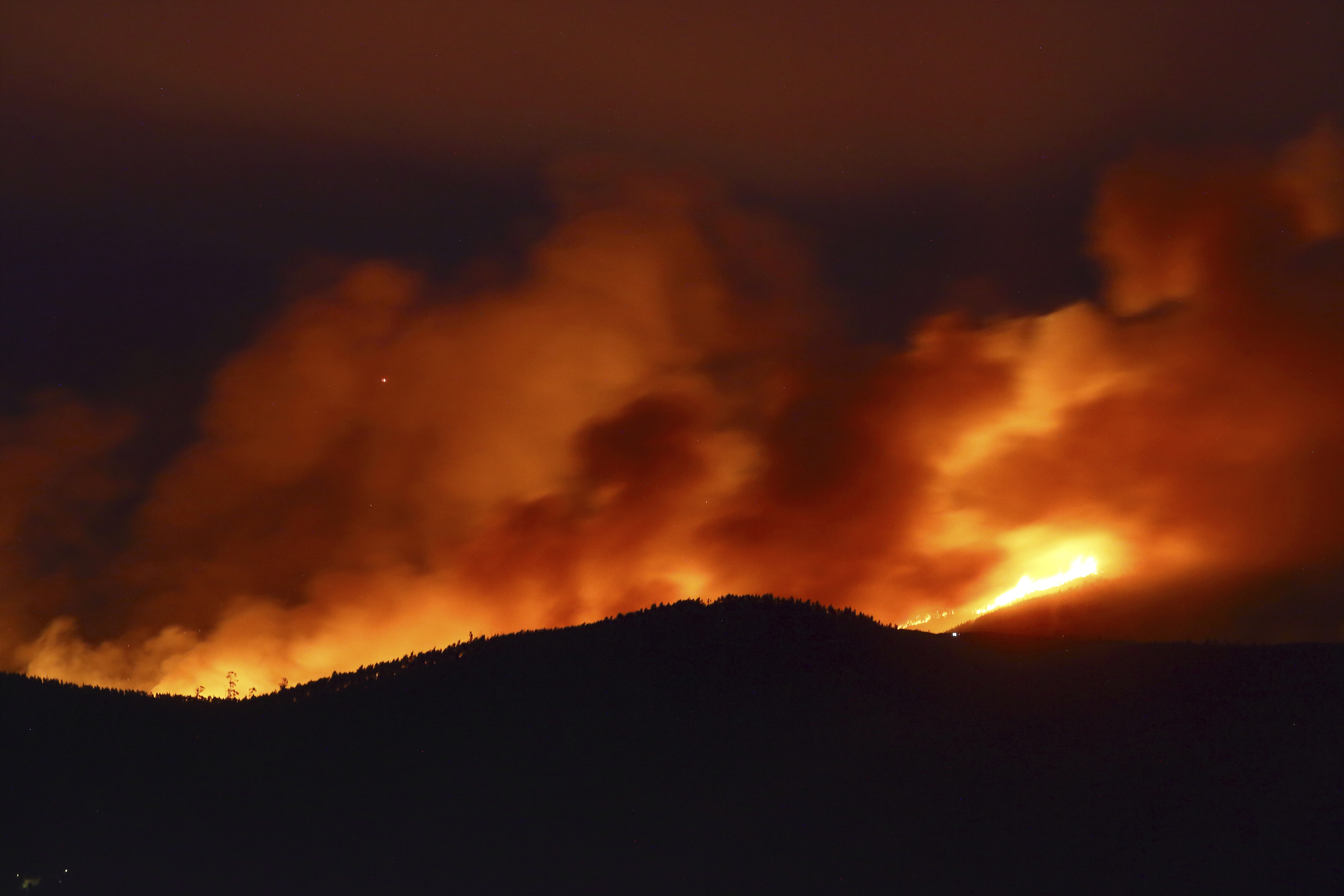More than 100 wildfires stretched thousands of firefighters to the limit in northern Portugal on Wednesday, with seven deaths since the worst spate of fires in recent years spread out of control over the weekend.
Portuguese Prime Minister Luís Montenegro declared a state of calamity for the hardest-hit areas late on Tuesday, invoking powers to mobilize more firefighters and civil servants. He also called on police investigators to redouble their efforts to find those who started the fires and pledged help for those who have lost their homes or have been evacuated.
"We are well aware that these difficult hours are not over yet," Montenegro told the nation in a televised address. "We have to continue to give everything we have and ask for help from our partners and friends so that we can reinforce the protection of our people and property."
The European Copernicus satellite service said that over 15,000 hectares (37,000 acres) had been scorched and a combined 13 kilometers (8 miles) of fire fronts had been detected as on Tuesday night. It added that an area home to 210,000 people was exposed to the fire risk.
The hot, dry conditions behind the outbreaks in Portugal coincided this week with flooding in central Europe. The European Union said Wednesday that the juxtaposed extreme weather phenomena are proof of a "climate breakdown. "
Fellow European Union members Spain, France, Italy and Greece have committed two water-dropping aircraft each to help Portuguese firefighters.
Spain's military is also sending 240 soldiers and vehicles from its emergency response battalions specialized in combating fires to its neighbor.
Thick grey smoke and the smell of burnt wood reached some 85 kilometers across the border into northwest Spain.
Montenegro made a special call for security forces to pursue both arsonists and any individuals who started a fire out of negligence. Portuguese national police said that they have arrested seven men suspected of having started wildfires in recent days. Authorities have prohibited the use of heavy farming equipment to reduce the risk of inadvertently starting a blaze.
Among the hardest hit areas is the district of Aveiro, south of the northern city of Porto, but several major blazes were also raging out of control in other wooded areas.
Authorities have yet to release figures for property damage or the number of evacuees, but Portuguese state broadcaster RTP has shown charred houses in rural villages and local residents trying to battle flames with buckets of water, hoses, and even large tree branches. Other televised images showed visibility reduced to a few meters as orange smoke enveloped the terrain.
Three firefighters died in their vehicle on Tuesday, while another had succumbed to what authorities called a "sudden illness" while on duty over the weekend. Three civilians have also perished, according to civil protection authorities.
Portugal was devasted by massive fires in 2017 that killed over 120 people.
Experts link the fires to both climate change and the abandonment of traditional farming and forestry professions that helped keep rural areas clear of underbrush that is now fuel for fires.
